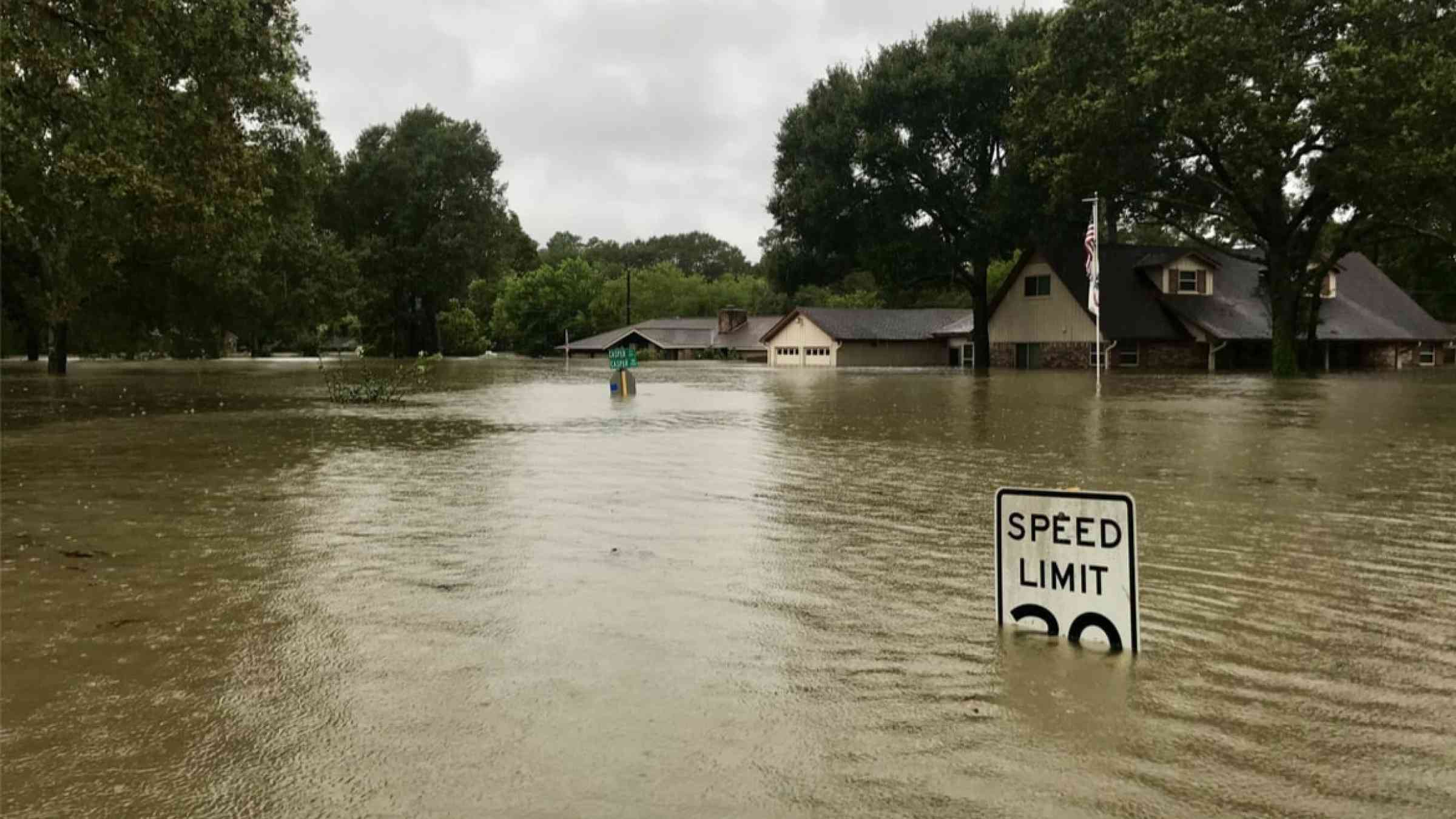Human-caused climate change linked to extreme weather events

According to research published in the Bulletin of American Meteorological Society (BAMS), scientists say human-caused climate change made extreme weather events more likely. These are the failed monsoon rains that reignited the southwestern US drought, a spring heatwave in western Europe, and intense Siberian wildfires.
The report, “Explaining Extreme Events in 2020 from a Climate Perspective,” presents 18 new peer-reviewed analyses of extreme weather across the world during 2020. It features the research of 89 scientists from nine countries looking at historical observations and model simulations to determine whether and by how much climate change may have influenced particular extreme events.
Keith Seitter, Executive Director of the American Meteorological Society, says, “International efforts to increase the speed at which attribution studies can be performed highlights the growing demand for timely information about the impacts of climate change to inform decision making and policy.”
He further said that understanding how human-caused climate change impacts extreme events today and in the future is critical for shaping how society will choose to respond to these impacts.
The report’s findings include:
- Climate change increased the failure of the Southwestern U.S. rainy-season monsoon as it did in 2020, reigniting a multi-year drought that shows not sign of relenting.
- North Russia’s extremely warm and wet winter in 2019 and 2020 is only possible because of climate change.
- France hot temperatures in April 2020 would highly be unlikely without anthropogenic climate change.
- The heatwave in western Europe in May 2020 was made 40 times more likely by climate change.
- Increased risks for heat extremes and hot and wet episodes experienced in summer 2020 in South Korea is linked to climate change
- Extreme wildfire in Siberia in 2020 was 80% more likely than a century ago due to climate change.
- The flooding in western Japan in July 2020 was 15% more likely because of climate change
Individual researchers selected the extreme weather events studied in the ten annual issues of the report and do not represent a comprehensive analysis of events during that span.
About 76 percent of the over 200 research findings published in this series identified a substantial link between an extreme event and climate change; about 24 percent did not.
“This report reinforces the scientific consensus that human influence has created a new climate — one that is impacting extreme events today,” said Stephanie Herring, NOAA climate scientist and editor of the Explaining Extreme Events report.
“As humans continue to emit billions of tons of greenhouse gasses into the atmosphere, these extreme weather impacts are highly likely to increase,” he added.